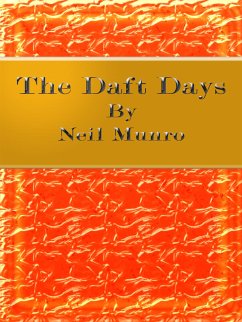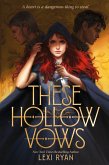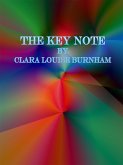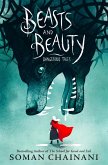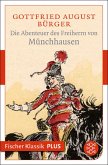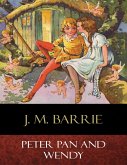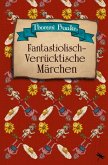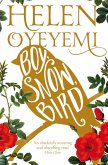THE town’s bell rang through the dark of the winter morning with queer little jolts and pauses, as if Wanton Wully Oliver, the ringer, had been jovial the night before. A blithe New-Year-time bell; a droll, daft, scatter-brained bell; it gave no horrid alarums, no solemn reminders that commonly toll from steeples and make good-fellows melancholy to think upon things undone, the brevity of days and years, the parting of good company, but a cheery ditty—“boom, boom, ding-a-dong boom, boom ding, hic, ding-dong,” infecting whoever heard it with a kind of foolish gaiety. The burgh town turned on its pillows, drew up its feet from the bed-bottles, last night hot, now turned to chilly stone, rubbed its eyes, and knew by that bell it was the daftest of the daft days come. It cast a merry spell on the community; it tickled them even in their cosy beds. “Wanton Wully’s on the ran-dan!” said the folk, and rose quickly, and ran to pull aside screens and blinds to look out in the dark on window-ledges cushioned deep in snow. The children hugged themselves under the blankets, and told each other in whispers it was not a porridge morning, no, nor Sunday, but a breakfast of shortbread, ham and eggs; and behold! A beautiful loud drum, careless as ’twere a reveille of hot wild youths, began to beat in a distant lane. Behind the house of Dyce the lawyer, a cock that must have been young and hearty crew like to burst; and at the stables of the post-office the man who housed his horses after bringing the morning mail through night and storm from a distant railway station sang a song,— “A damsel possessed of great beauty Stood near by her own father’s gate: The gallant hussars were on duty; To view them this maiden did wait. Their horses were capering and prancing, Their accoutrements shone like a star; From the plains they were quickly advancing,— She espied her own gallant hussar.”
Bitte wählen Sie Ihr Anliegen aus.
Rechnungen
Retourenschein anfordern
Bestellstatus
Storno

